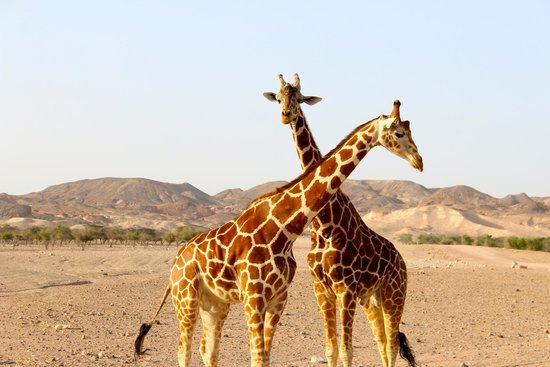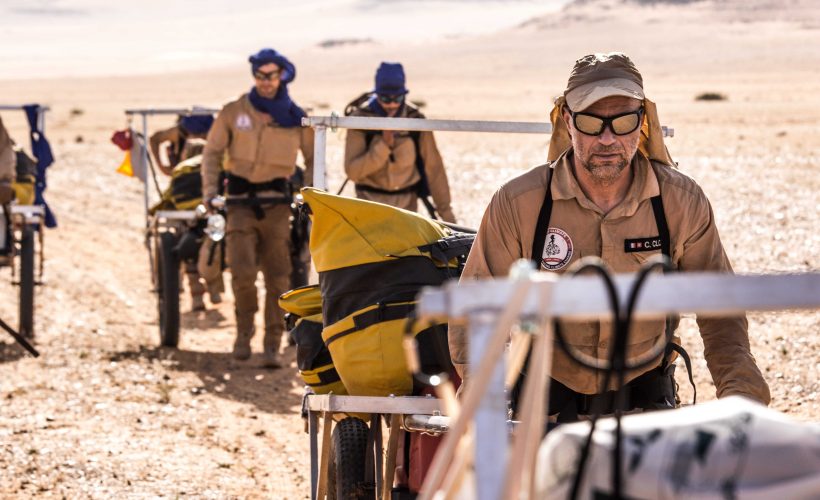Tech & Business
5.3.2022
Sir Bani Yas, the island where biodiversity flourishes

For several decades, the United Arab Emirates has focused its biodiversity preservation efforts on this island, a thriving home to thousands of wild animals and plants 240 km from Abu Dhabi.
Off the coast of the Persian Gulf, Sir Bani Yas Island, named after the tribe that inhabited it for 7,000 years, had been a deserted area since 1970, where the ecosystem consisted solely of rocks and shores, with no water sources or greenery. Today, thanks to an ambitious wildlife rehabilitation and development project launched by the founding emir, Sir Bani Yas has been transformed into a nature reserve and refuge for endangered animals of the Arabian Peninsula.
Natural jewel of the United Arab Emirates heritage
The 87 km² island has benefited from a series of infrastructure and leisure projects that highlight the natural heritage of the Emirates. In this regard, the Al Ain Zoo and the Arabian Wildlife Park built there are home to an ecosystem similar to the savannah of the Horn of Africa, including 16,000 animals. The entire area has also been landscaped to accommodate vegetation development. A 120,000 kilometer long network of underground pipelines irrigates the land and mangroves have also been planted on the island allowing the profusion of more than 2.5 million trees.

Ecotourism, an essential project of Sir Bani Yas
Sir Bani Yas offers its visitors a unique immersion in the fauna of the Arabian Peninsula. The presence of free-roaming Arabian oryx and gazelles, giraffes and cheetahs offers tourists a unique and permanent observation opportunity. Endangered species awareness is an integral part of the island’s experience. The Emirates regularly organizes the reintroduction to the wild of animals bred in captivity, in the hope of gradually restoring a natural population. The Arabian Oryx, at the heart of the rehabilitation programs and narrowly saved from extinction, has become the emblem of the country.
popular

